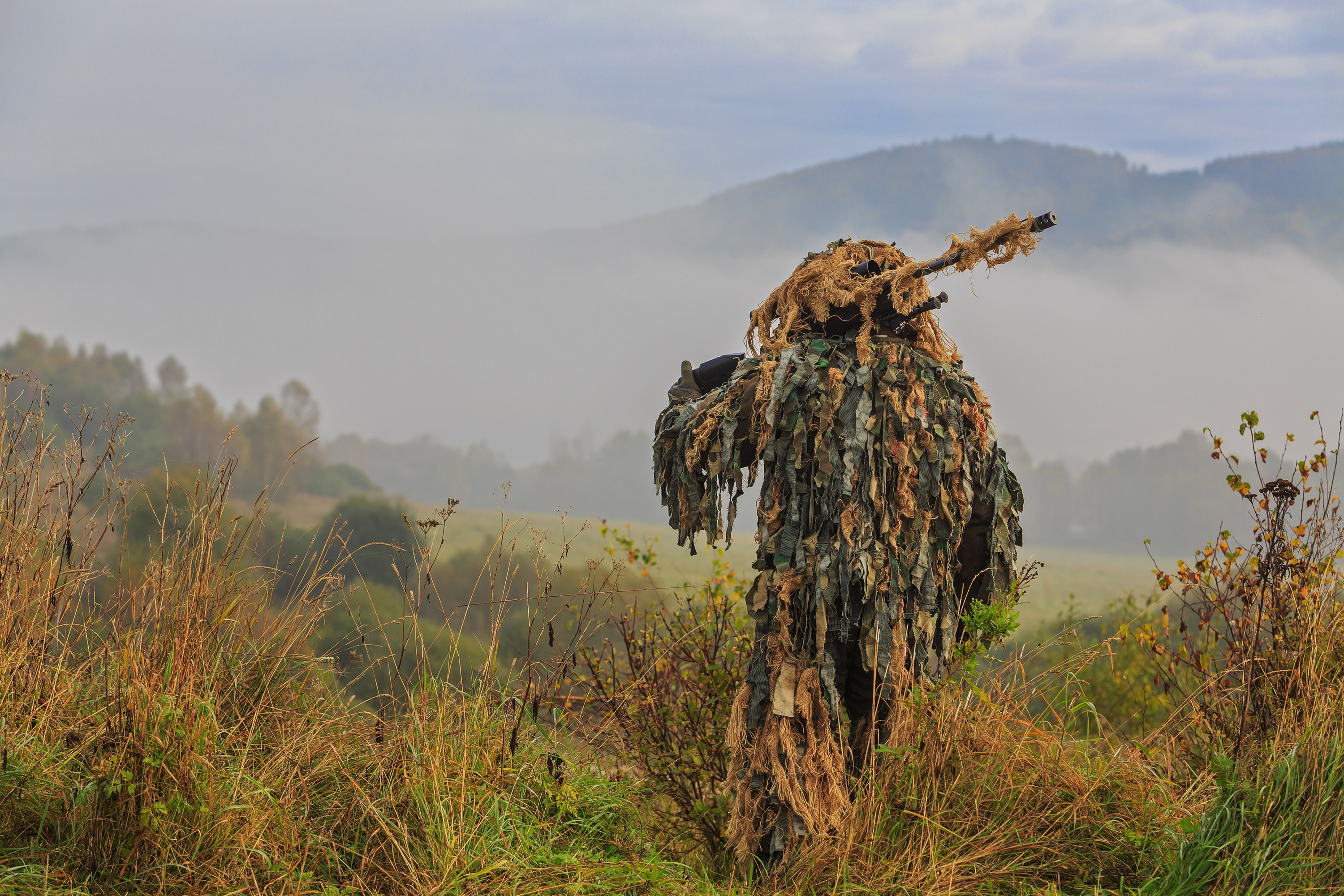
Letter to Mrs. Bixby
Remember the scene in the movie “Saving Private Ryan” where a General George C Marshall (U.S.Army Chief-of-Staff) reads a condolences letter from the late President Abraham Lincoln? Is this letter a hoax or a myth?
In the autumn of 1864 Massachusetts Governor John A. Andrew wrote to President Lincoln asking him to express condolences to Mrs. Lydia Bixby, a widow believed to have lost five sons during the Civil War. Lincoln’s letter to her was printed by the Boston Evening Transcript. Later it was revealed that only two of Mrs. Bixby’s five sons died in battle, Charles and Oliver. Of the remainder, one deserted the army, one was honorably discharged, and another deserted or died a prisoner of war.
The authorship of the letter has been debated by scholars, some of whom believe it was written instead by John Hay, one of Lincoln’s White House secretaries. Apparently the original letter was destroyed by the newspaper editor after publication or by Mrs. Bixby, who may have been a Confederate sympathizer and disliked President Lincoln. Copies of an early forgery have been circulating for many years, causing some people to believe they possess the original letter.

Here’s the Transcript
Executive Mansion,
Washington, Nov. 21, 1864.
Dear Madam,
I have been shown in the files of the War Department a statement of the Adjutant General of Massachusetts that you are the mother of five sons who have died gloriously on the field of battle.
I feel how weak and fruitless must be any word of mine which should attempt to beguile you from the grief of a loss so overwhelming. But I cannot refrain from tendering you the consolation that may be found in the thanks of the Republic they died to save.
I pray that our Heavenly Father may assuage the anguish of your bereavement, and leave you only the cherished memory of the loved and lost, and the solemn pride that must be yours to have laid so costly a sacrifice upon the altar of freedom.
Yours, very sincerely and respectfully,
A. Lincoln
This letter is one of the most “controversial” documents in Lincoln’s large body of writings. Though the letter has other complications to its history — such as, for example, the fact that it wasn’t true that Bixby had lost five sons, and despite her Boston address, her family said she was a Confederate sympathizer — the main point of contention has been whether or not Lincoln actually wrote it. Many historians have wondered whether perhaps it was written instead by his secretary, John Hay.
Now, a team of forensic linguistics researchers think they have arrived at an answer once and for all. In a paper submitted to the journal Digital Scholarship in the Humanities, which will be presented at a linguistics conference that begins next week, they explain why they believe that the numbers show that the letter was written by Hay.
Researchers using a technique they developed, called n-gram tracing, they arrived at the conclusion that the Bixby letter was was “almost certainly” written by Hay.
An n-gram is a “sequence of one or more linguistic forms,” as they phrase it in the paper. How to understand that? Well, on the word level, that last sentence contains one 4-gram (how-to-understand-that), two 3-grams (how-to-understand and to-understand-that), three 2-grams (how-to, to-understand, understand-that) and four 1-grams (each word). The same principle can also be applied to the individual characters in words.
In n-gram tracing, the computer looks to see whether any individual n-gram that shows up in the sample text shows up at all in the comparison text. In this case, the Bixby letter is the disputed sample. The researchers tested 500 texts by Hay and a commensurate random sample from texts from the much larger body of work known to be by Lincoln.
Their result?
Nearly 90% of the time, the n-gram tracing method identified Hay as the author of the Bixby letter. The other roughly 10% of the time, the analysis was inconclusive.
Historians and researchers believe, that the century of wondering about the Bixby letter can come to an end — leaving history buffs free to appreciate the letter’s beauty, as well as the uncontested writing skills of both men, without the distraction of this lingering question.
Source: Collected Works of Abraham Lincoln, edited by Roy P. Basler et al., Lilly Rothman



